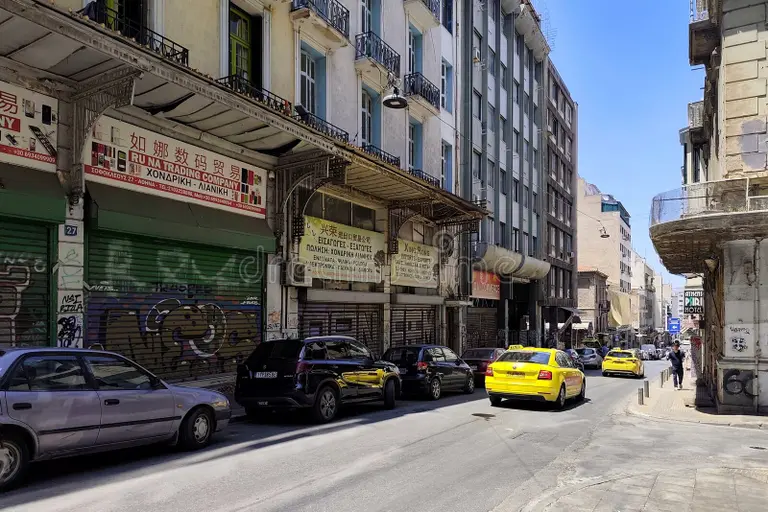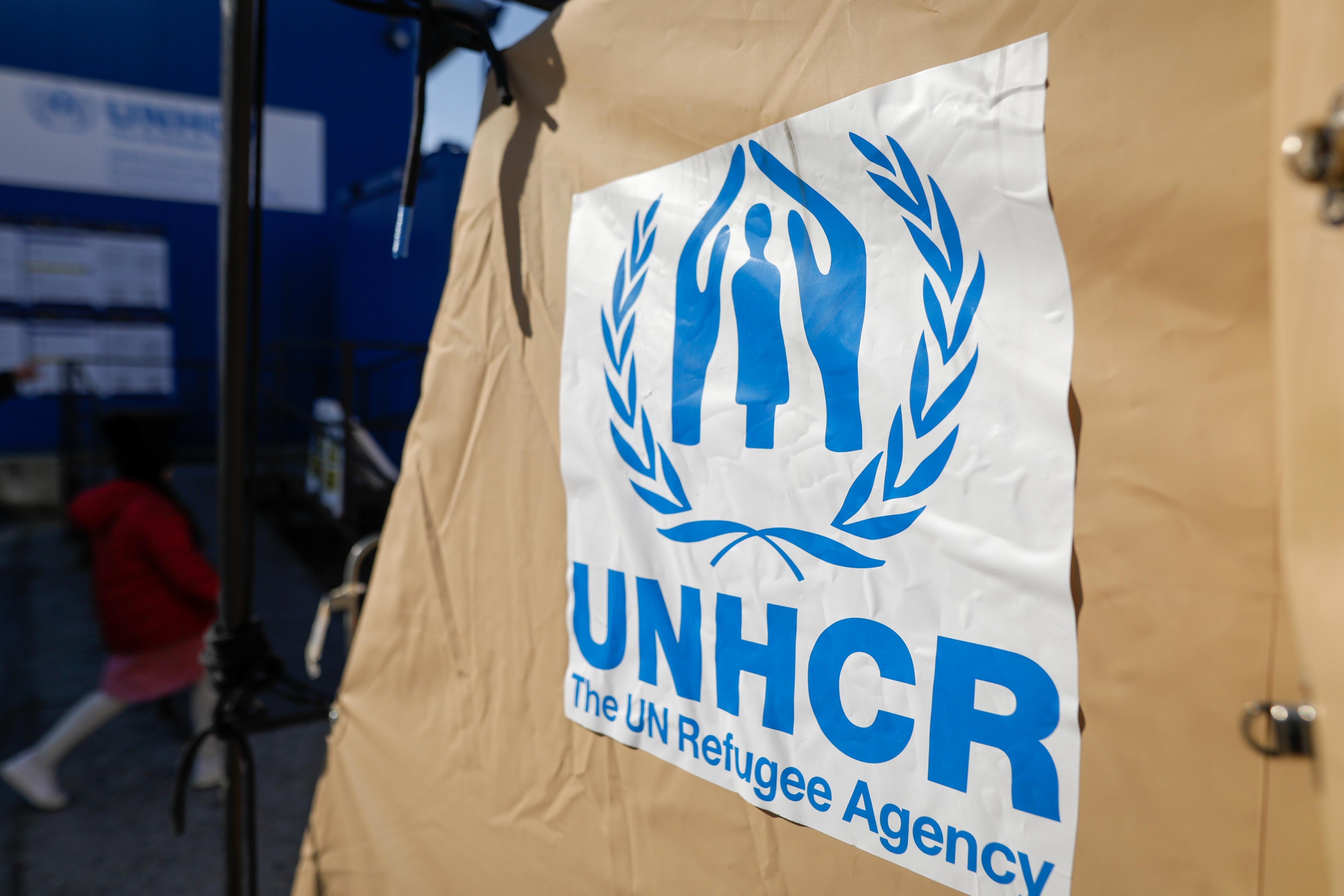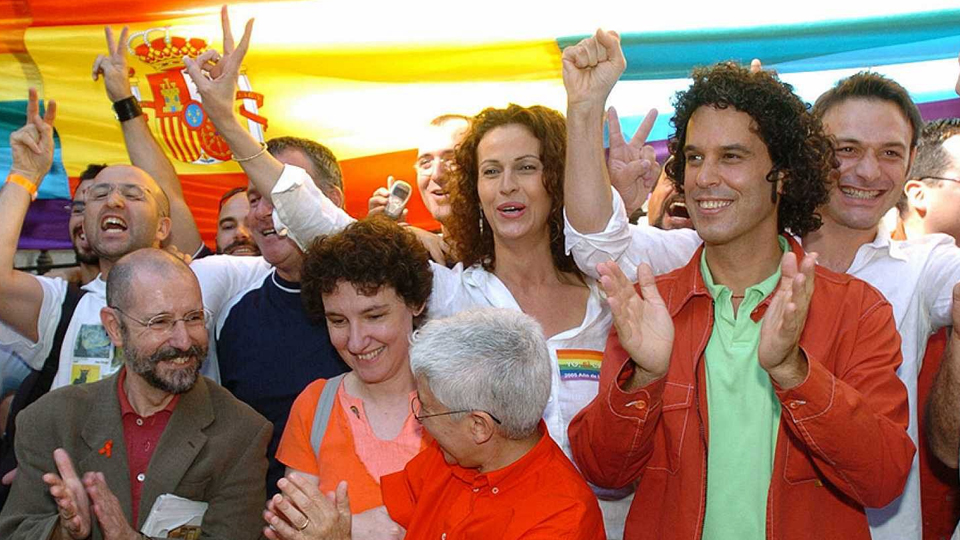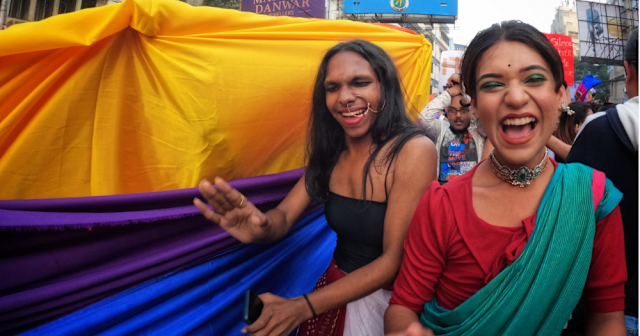In the heart of the Mediterranean, Greece stands as a gateway to Europe, welcoming yet grappling with waves of immigrants seeking new beginnings. As of September 2025, the country has implemented stringent new migration laws, including penalties for irregular stays and extended detention periods, reflecting a shift toward stricter enforcement. These changes, passed by Parliament on September 2, aim to curb abuse of the asylum system and reduce irregular migration, but they have sparked debates on human rights and integration. For immigrants, navigating this landscape involves not only legal hurdles but also cultural adaptation and personal resilience. This article explores the evolving policies, the challenges faced by newcomers, and inspiring stories of those who have successfully integrated into Greek society.
Recent Policy Shifts: A Tougher Stance on Migration
Greece's migration framework has undergone significant transformations in recent years, particularly with the approval of a new Immigration Code in 2023 that took effect in January 2024. This code streamlined processes for highly skilled workers, introducing the EU Blue Card for third-country nationals and easing applications for those already in the country. However, the landscape shifted dramatically in 2025 with the passage of the "Reform of the Framework and Procedures for the Return of Third-Country Nationals," which criminalizes irregular stays. Foreign nationals remaining without authorization now face prison terms of two to five years and fines starting at €5,000, approximately $5,500. The law also eliminates the previous option for migrants to apply for residency after seven years of undocumented presence, a provision the government argues removes incentives for irregular migration.
Administrative detention has been extended from 18 to 24 months, with mandatory six-month reviews, and appeals against detention no longer suspend the process. Stricter rules on repeat asylum applications aim to fast-track returns for unfounded claims, redirecting resources to legitimate cases. Officials justify these measures by citing the need to verify identities, issue travel documents, and ensure public safety. In the first eight months of 2025, sea arrivals totaled below 25,000, a slight decrease from the previous year, but hotspots like Crete have seen surges from Libya, prompting temporary suspensions of asylum processing for three months for those arriving by sea from North Africa.
These policies align with broader EU efforts to manage borders, but critics warn they risk criminalizing vulnerable individuals and may violate European human rights standards. The government maintains that the reforms strengthen the legal framework, clarify definitions, and close loopholes, ultimately reducing irregular stays and repeat violations. For immigrants, this means heightened scrutiny and faster deportations, underscoring the importance of legal pathways like the Golden Visa or Digital Nomad Visa.
Visa Processes: Navigating Legal Entry
Obtaining a visa is the first critical step for prospective immigrants. Greece offers various options tailored to different needs. The Schengen visa allows short stays up to 90 days for tourism or business, but long-term options are essential for relocation. The Type D national visa, required for stays over 90 days, serves as a gateway to residence permits. For skilled professionals, the EU Blue Card, effective since 2024, requires a job offer with a minimum salary of €1.5 times the national average and a one-year employment contract. Applications can now be submitted from within Greece if the applicant holds a valid C visa or residence permit, simplifying the process for those already present.
Investors can pursue the Golden Visa, which grants residency through real estate purchases starting at €250,000 in less popular areas or €500,000 in high-demand regions like Athens and Thessaloniki. Recent updates in 2024 introduced tiered thresholds: €800,000 for prime locations such as Mykonos and Santorini, and €400,000 elsewhere, with properties at least 120 square meters. A transitional provision allows locking in lower rates with a 10% deposit by August 31, 2024, and completion by February 28, 2025. Digital nomads must now obtain a visa from a Greek consulate before applying for a residence permit, ensuring remote workers contribute to the economy without displacing locals.
Family reunification remains a key route, allowing spouses, children under 21, and dependent parents to join. Required documents include marriage or birth certificates, proof of accommodation, and financial stability. Asylum seekers, numbering 57,891 first-time applications in 2023, face a recognition rate of 76.7%, but processing delays average less than 2.5 months. Practical tip: Start with a valid passport and consult the Ministry of Migration website for updates, as biometric data collection centers in Athens and Thessaloniki have reduced backlogs to one to three months.
"The new code has made it easier for skilled workers like me to stay and contribute," says Ahmed, a Syrian engineer who secured a Blue Card in 2024. "But for families, the wait is still long—patience and legal advice are key."
Challenges Immigrants Face: Barriers to Settlement
Despite legal pathways, immigrants in Greece encounter multifaceted challenges. Economic pressures top the list, with unemployment at 11% and a housing crisis exacerbating costs. In 2023, around 46,000 migrants arrived, straining resources amid labor shortages in agriculture and construction. Undocumented workers, estimated at 100,000 to 200,000, face exploitation, low wages, and fear of deportation. The 2025 law's criminalization of irregular stays has heightened vulnerability, with critics noting it may deter reporting of abuses.
Social integration poses another hurdle. Public attitudes, shaped by the 2015-2016 crisis, remain mixed: 69% supported refugees in 2018, but 82% wanted fewer migrants. Racism and xenophobia persist, particularly in urban areas like Athens, where immigrants comprise 25% of wage earners yet face discrimination in housing and employment. Migrant women, often in domestic roles, are especially at risk, with 70-85% of Albanian, Bulgarian, and Filipino immigrants being female and vulnerable to trafficking.
Access to services is limited for undocumented individuals under Law 2286/2005, barring them from non-emergency public aid. Asylum seekers wait up to two years for recognition, enduring overcrowded camps with substandard conditions. On Lesbos, the 2020 Moria fire displaced thousands, and new closed centers on islands like Samos have been criticized as prison-like. Health challenges include mental health issues, with 30.6% PTSD prevalence among refugees, compounded by the economic crisis's impact on the NHS.
Cultural adaptation adds layers of difficulty. Language barriers hinder integration; while English is common in tourist areas, Greek proficiency is essential for daily life. Intercultural distance varies: closer for Balkan migrants like Albanians (55-60% of immigrants) than for Asians or Africans. The economic downturn since 2009 worsened poverty, with immigrants facing higher unemployment rises than natives.
To overcome these, immigrants should seek support from Migrant Integration Centers (MICs), established in 2016, offering language classes, legal advice, and job training. Networking through ethnic associations and NGOs like the Greek Council for Refugees is vital. Practical advice: Enroll in Greek language courses early, build community ties, and document all interactions for legal protection.
"The biggest challenge was the language and finding work without papers," recalls Maria, an Albanian immigrant who arrived in 1995. "But persistence paid off—now I run my own business."
Overcoming Obstacles: Practical Tips for Newcomers
Adapting to Greece requires strategic steps. First, master basic Greek through free MIC classes or apps like Duolingo. Engage in intercultural activities to foster connections. For employment, target sectors like tourism and agriculture, where bilateral agreements with countries like India and the Philippines facilitate legal mobility. The 2023 law allows 30,000 undocumented migrants with three years' residence and employment to gain three-year permits, addressing labor shortages.
Health access is crucial; EU-funded programs like HELIOS provide medical care and integration support to 44,852 beneficiaries by 2023. For families, UNICEF's ACE program aids children's education. Avoid informal work to prevent exploitation—register with social security for AMKA and tax numbers. Mental health support via NGOs combats isolation. Finally, embrace Greek hospitality: Participate in festivals and community events to build belonging.
Success Stories: Immigrants Thriving in Greece
Amid challenges, many immigrants have forged successful paths, contributing to Greece's vibrant society. Take Sofia Kallos, who migrated in 1956 for an arranged marriage and built a life in Australia, but stories like hers inspire Greek communities. In modern Greece, Afghan refugee Hosseini Bahareh, arriving in 2017, overcame language barriers to earn a high school certificate and pursue higher education.
Nasiri Mah Gul, a 67-year-old Afghan, found solace in Caritas Athens' guesthouse and knitting classes, turning hardship into community involvement. Qais and Daewood, Afghan brothers in Oinofyta camp, launched a sewing business, aspiring for asylum to raise families safely. Abdul, a Syrian in Jordan but reflective of Greek experiences, rebuilt after loss through psychosocial support.
Georgian migrants in a 2024 study showed high sociocultural adjustment, with women like those in the US/UK maintaining healthy habits through host culture orientation. In business, Greek-American restaurants symbolize immigrant success, as US Treasury Secretary Scott Bessent noted in 2025, praising their embodiment of the American Dream—mirroring tales in Greece.
"From sleeping on streets to owning a shop—hard work and community support made it possible," shares an Albanian entrepreneur in Athens, echoing thousands.
Personal Experiences: Voices from the Ground
Personal narratives highlight resilience. A Georgian woman in Greece adapted through education, noting, "High host culture orientation predicted success." Syrian teacher Najma al-Khatib, despite ordeals, values Greece's opportunities. From X posts, a Greek immigrant to Australia at 14 built houses through diligence, attributing success to opportunity—lessons applicable in Greece.
An Omani in Athens shared, "Greece felt like home; warmth and affordability won me over." These stories underscore that while policies evolve, individual determination drives integration.
Cultural Integration: Bridging Worlds
Greece's rich heritage offers a canvas for integration. The National Strategy for Social Integration, updated in 2019, promotes mutual adaptation through language, education, and labor access. MICs provide Greek lessons, history, and intercultural events, fostering cohesion. The 2021 strategy emphasizes political, economic, social, and cultural pillars, rejecting multiculturalism for "structural integration."
Challenges include ethnic identity tied to Orthodox Christianity and language, but programs like HELIOS support 34,101 beneficiaries with housing and employability. For children, inclusive education prepares them for society. Tips: Join local festivals like Easter celebrations to immerse in traditions. Respect family-centric values—Greeks prioritize kin, so build networks accordingly.
Intercultural mediators in hospitals aid communication, while bilateral agreements ease labor mobility. Success lies in balancing heritage with adaptation: Learn customs like siesta and hospitality to thrive.
"Embracing Greek culture while sharing mine created true belonging," says a Bulgarian immigrant via MIC programs.
Lifestyle Adjustments: Thriving in Daily Life
Daily life in Greece blends Mediterranean ease with urban hustle. Affordable living—€800-1,200 monthly in Athens—suits many, but housing shortages demand early planning. Healthcare via NHS is accessible with AMKA; EU funds enhance services for migrants. Education is free, with non-formal programs for children.
Embrace the pace: Summers mean beach time, winters cozy tavernas. Shop local markets for fresh produce, join sports like soccer for bonds. For women, community centers combat isolation. Overall, view adaptation as a journey—patience yields rewards in Greece's sun-kissed embrace.
Legal Guidance: Navigating the System
Legal expertise is paramount. The Ministry of Migration oversees permits; consult lawyers for complex cases. The 2024 code digitizes applications, reducing waits. For asylum, appeals are possible, but new rules limit repeats. Golden Visa investors benefit from fast-tracks, but ensure compliance to avoid revocation.
Updates: ETIAS in mid-2025 eases short visits, but long-stay requires D visas. Family reunification demands proof of ties. Tip: Use gov.gr for e-services; hire accredited advisors. Stay informed via UNHCR for rights.
"Legal help turned my asylum nightmare into stability," notes an Iraqi beneficiary.
As Greece balances enforcement and humanity, immigrants' stories remind us of shared aspirations. With resilience and support, many call this ancient land home, enriching its mosaic.



















0 Comments